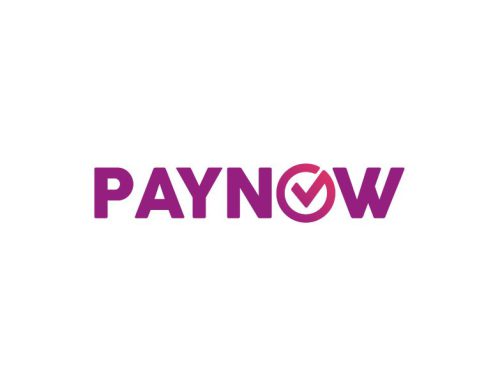There are two types of shareholders resolutions.
- Ordinary Resolution
- Special Resolution
A Special Resolution is a resolution whereby the votes cast in favour of the resolution is at least three times higher than the votes cast against it. Therefore, 75 per cent of the votes is required to be cast to pass a special resolution. If there are 100 shareholders present each with 1 equal vote, the resolution will require 75 votes for it to be passed.
To pass a shareholders resolution, a general meeting needs to be convened. A notice for meeting needs to be sent out to the shareholders, commonly referred to as members as well, to let them know os the meeting. For private companies, there has to be at least 14 days notice and for public companies, the notice has to be at least 21 days. The notice period can be shorter if 95 per cent of the shareholders agree to hold the meeting earlier.
Some businesses which require an ordinary resolution to be passed include but are not limited to:
- The change or addition of any terms to the Company’s Constitution
- The change in the Company’s Name
- The reduction of the company’s share capital
Please note that certain companies may not be using the Model Constitution and thus the provisions in their constitution may differ. Before making any changes, it is important that the person administering the changes takes a look at the Company’s Constitution to understand how those changes are to be made. It is important to comply with the Company’s Constitution and the Companies Act.
When in doubt, seek legal advice or consult an experienced ACRA Filing Agent.
Yours Sincerely,
The editorial team at Singapore Secretary Services
For more useful articles and videos, visit the Singapore Secretary Services resource page.
If you would like to submit a question or would like us to do an article on certain topics, please email us at [email protected].







Leave A Comment